Voting rights groups to combat minority vote limits in battleground states
Voting rights groups are zeroing in on battleground states as they seek to prevent votes from minority groups from being suppressed in next month’s elections.
The Advancement Project, a national nonprofit that works to educate and mobilize voters of color, has targeted a list of states — Michigan, Virginia, Pennsylvania, Georgia, Florida and Arizona — where it has focused its attention this election cycle.
“Certainly the states are battleground states, but they also have an influx of black and Latino voters,” Jorge Vasquez, program director for the group’s “Power and Democracy” program, told The Hill. “These voters have voiced concern around being able to participate freely in this election.”
Generation Z, the country’s youngest voting-eligible population, is predicted to make up 1 out of every 10 voters this November, with 46 percent of the bloc identifying as nonwhite — 7 percent more than millennials, the next-youngest voting demographic.
Since 2000, the U.S.’s nonwhite voting population has accounted for over 75 percent of new eligible voters, and nonwhite voters are expected to make up a third of all voters in November. This equates to 32 million Latino voters and 30 million Black voters. Historically, these blocs have not only been more likely to vote Democratic, but have also been suppressed by voter laws.
Tom Lopach, president and CEO of the Voter Participation Center, told The Hill that both “tangible and intangible” techniques are being used in battleground states to “make voting harder.”
In Texas, Gov. Greg Abbott (R) this week signed an executive order limiting each county in the state to only have one designated drop-off location for by-mail ballots. The mandate takes Harris County — home to Houston, the nation’s fourth largest city — from having a dozen drop-off locations to just one.
Additionally, the Supreme Court agreed on Friday to hear Arizona’s request to have a pair of voting restrictions reinstated after a lower court found the laws to be racially discriminatory.
Democratic presidential nominee Joe Biden has a slight lead over President Trump in recent polls of Arizona. Polls also show a tight race in Texas. Both states have seen an uptick in their Latino voting population since 2010.
These types of voter restrictions have become more commonplace since 2013, when the Supreme Court case Shelby v. Holder repealed two sections of the 1965 Voting Rights Act, which required a certain amount of federal oversight when some states wanted to change their voting laws.
“[What] we saw directly after that was an influx of voter ID laws, exact match laws,” Vasquez said. “[W]e saw … a significant amount of voters being purged off of the polls in places that historically had a history of disengaging, and preventing Black voters from voting.”
One of these states is Georgia, which performed the largest voter purge in American history in July 2017, wiping out the registrations of over 500,000 registered Georgian voters. The purge is believed to have disproportionately affected registered Black voters and was carried out by Georgia’s then-Secretary of State Brian Kemp.
The following year, Kemp became the state’s new governor, beating Democrat Stacey Abrams — who was poised to be the country’s first Black woman governor — by less than 2 percent of the vote. The Peach State purged another 300,000 voters in late 2019.
The common defense for these measures is election security. Trump and other Republican lawmakers have constantly claimed the influx of by-mail ballots because of the coronavirus pandemic would cause rampant election fraud.
Election fraud is, in fact, exceedingly rare.
“The lack of evidence renders these claims unsustainable. The truth is that after decades of looking for illegal voting, there’s no proof of widespread fraud,” Benjamin Ginsberg, who served as national counsel for multiple GOP presidential campaigns, wrote in a Washington Post op-ed in September. “At most, there are isolated incidents — by both Democrats and Republicans. Elections are not rigged. Absentee ballots use the same process as mail-in ballots — different states use different labels for the same process.”
Ginsberg cites the conservative Heritage Foundation’s election fraud database, which tracks all known cases of voter fraud since 1982.
“It contains 1,296 incidents, a minuscule percentage of the votes cast,” Ginsberg wrote.
Nonetheless, Trump has used this rhetoric to encourage poll watching from his voters, which has led to instances of voter intimidation as early voting has begun around the country.
Groups like the Voter Participation Center and the Advancement Project have tried to dispel this narrative around the different ways to vote this November through vigorous outreach and education.
“So there's a few things that we're doing. One is we're reminding people that one third of all ballots in 2016 were cast by mail, right, so we know that people have been doing it,” Vasquez explained. “If that's your concern, let's create a plan together. Let's vote early. Let's track those votes to make sure that it gets there. And then let's have a backup plan. Because if your vote isn't received by Election Day, you could still go and vote in person.
(Source: The Hill)
Iran condemns G7 hypocrisy on human rights following interventionist statement
VIDEO | Death behind bars: Gaza’s prisoners. silence surrounding them
60,000 weapons bound for Tehran seized as Mossad-trained terror cell busted
VIDEO | 13th day of war
Israeli strikes kill two in Lebanon as UNIFIL warns against ceasefire violations
Trump threatens to slap tariffs on countries opposed to US Greenland takeover
VIDEO | Press TV's news headlines
VIDEO | Iran: A make-or-break moment?


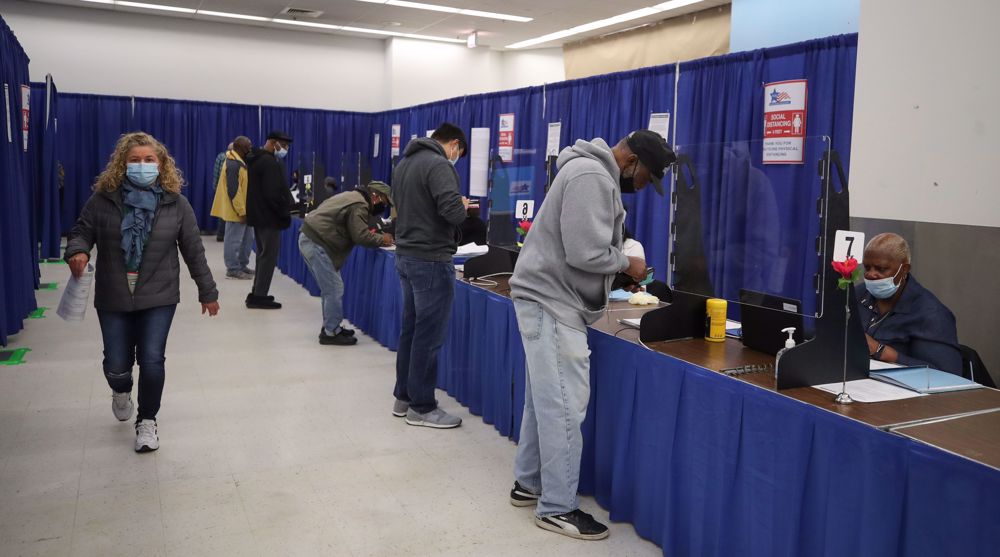

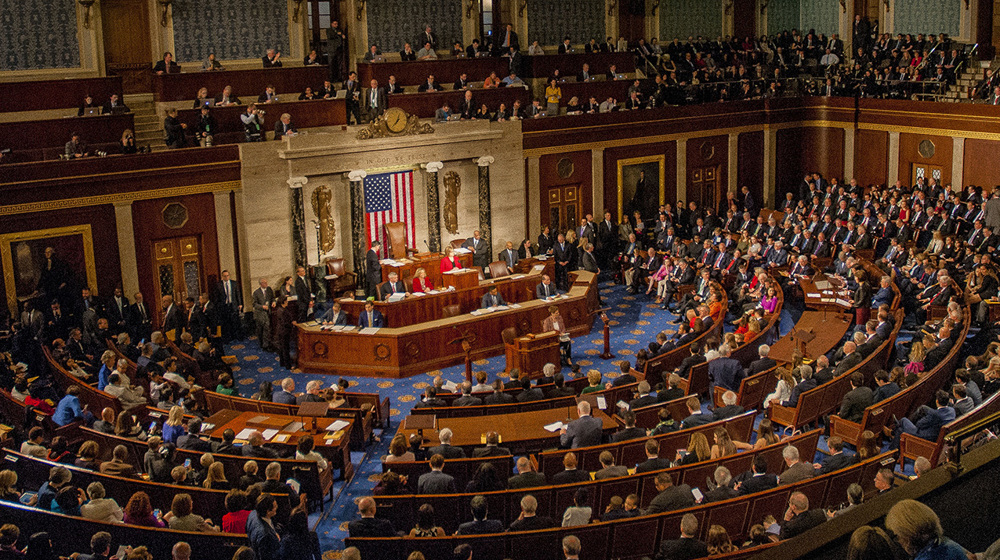
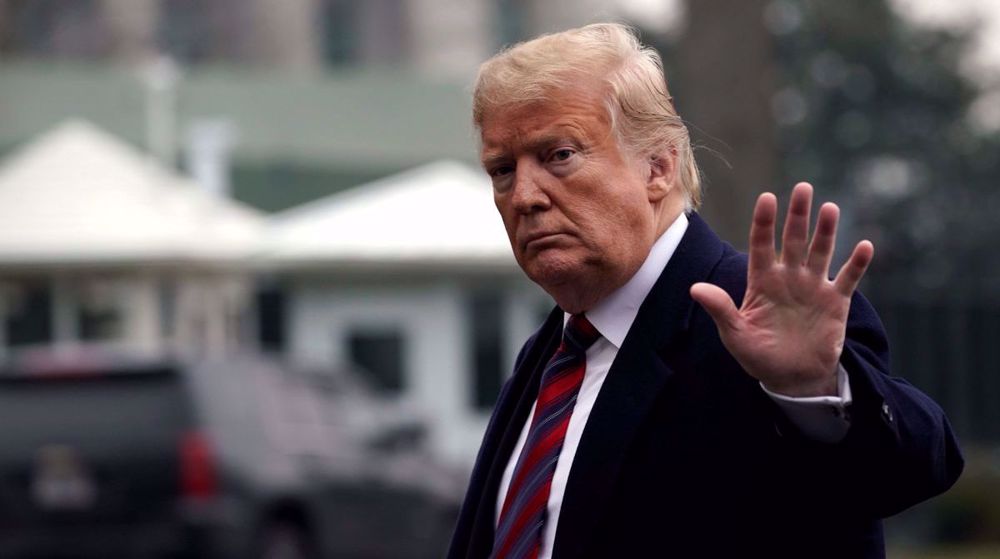



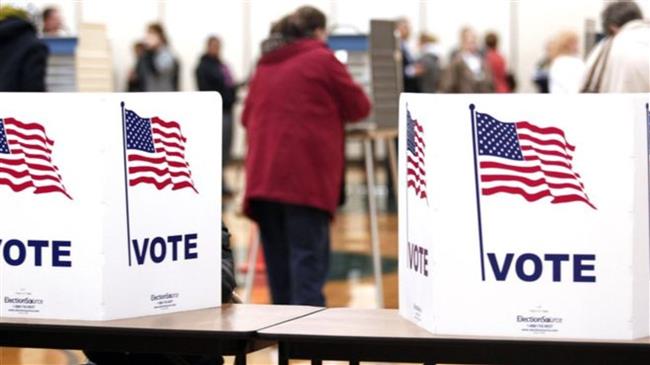
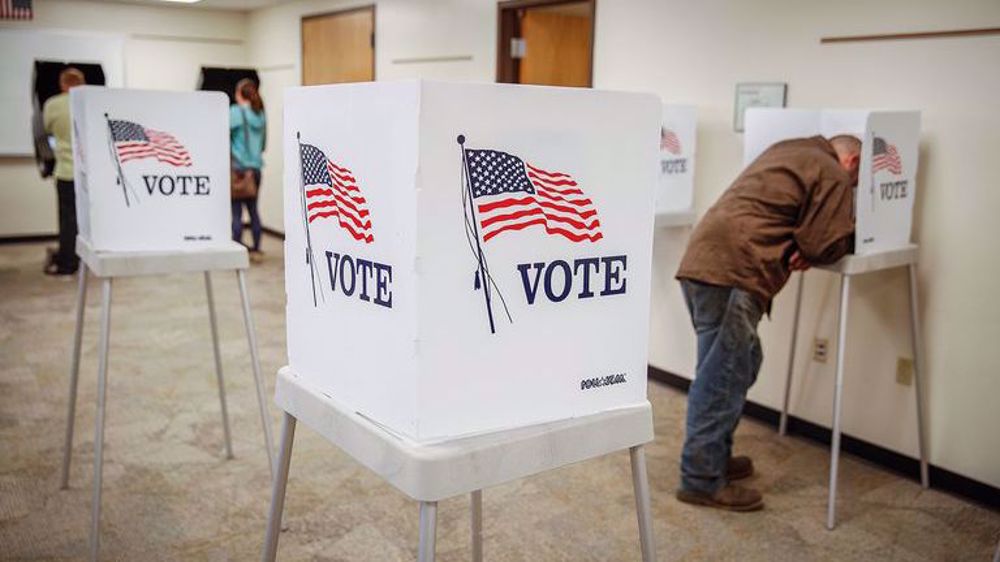

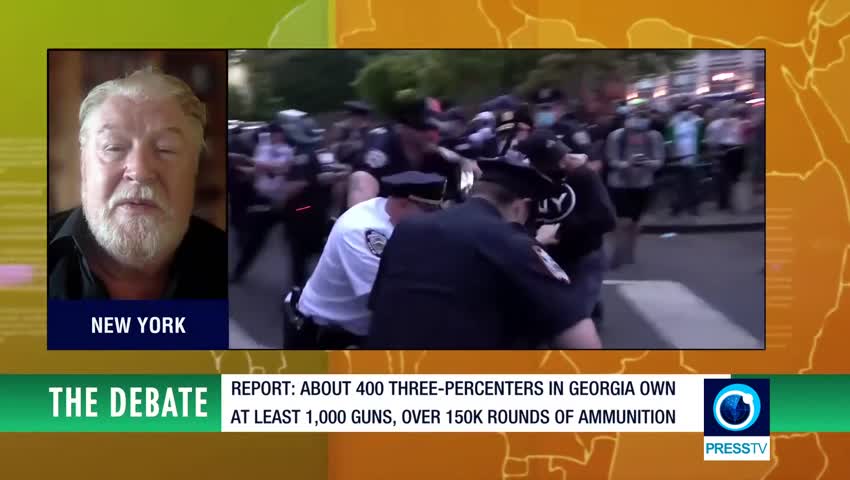

 This makes it easy to access the Press TV website
This makes it easy to access the Press TV website